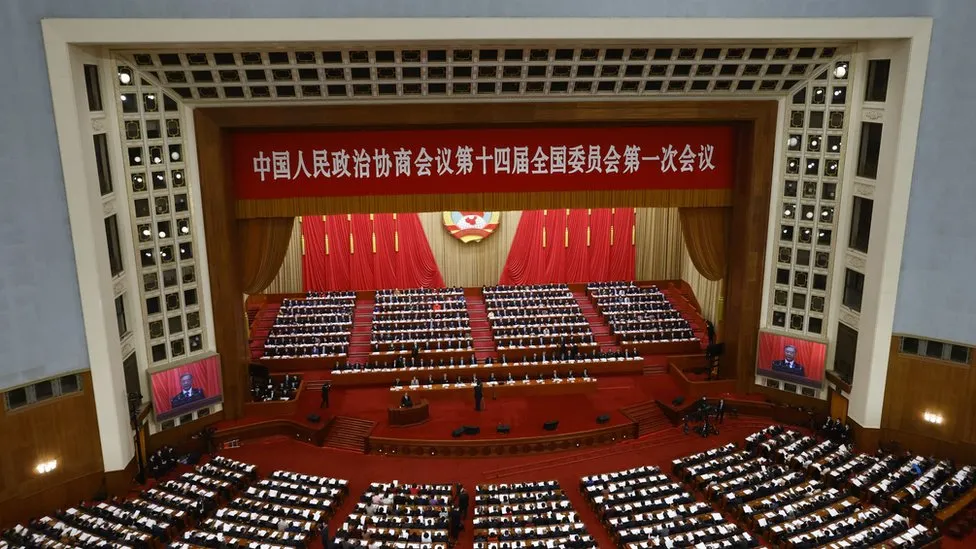Rubberstamping China’s Economy
1 min read
Can a rubberstamp parliament help China’s economy?
In recent years, China’s rubberstamp parliament, the National People’s Congress (NPC), has come under scrutiny for its lack of real power and oversight over the government’s policies. Some critics argue that this lack of accountability limits the NPC’s ability to effectively address economic issues and promote sustainable growth.
However, supporters of the NPC contend that its role in providing a semblance of democratic governance in China is important for stability and economic development. They argue that the NPC serves as a platform for discussion and debate, allowing for voices from all sectors of society to be heard.
Despite its limitations, the NPC has played a role in shaping China’s economic policies and reforms. It has passed key legislation related to economic development, such as the Foreign Investment Law and the Anti-Monopoly Law. Additionally, the NPC has the power to approve the national budget and economic plans, providing a level of oversight over government spending.
Overall, while the NPC may not have the same level of power as parliaments in other countries, it still plays a significant role in China’s political and economic system. Whether or not a rubberstamp parliament can truly help China’s economy is a topic of debate, but it is clear that the NPC has an important role to play in the country’s governance.




